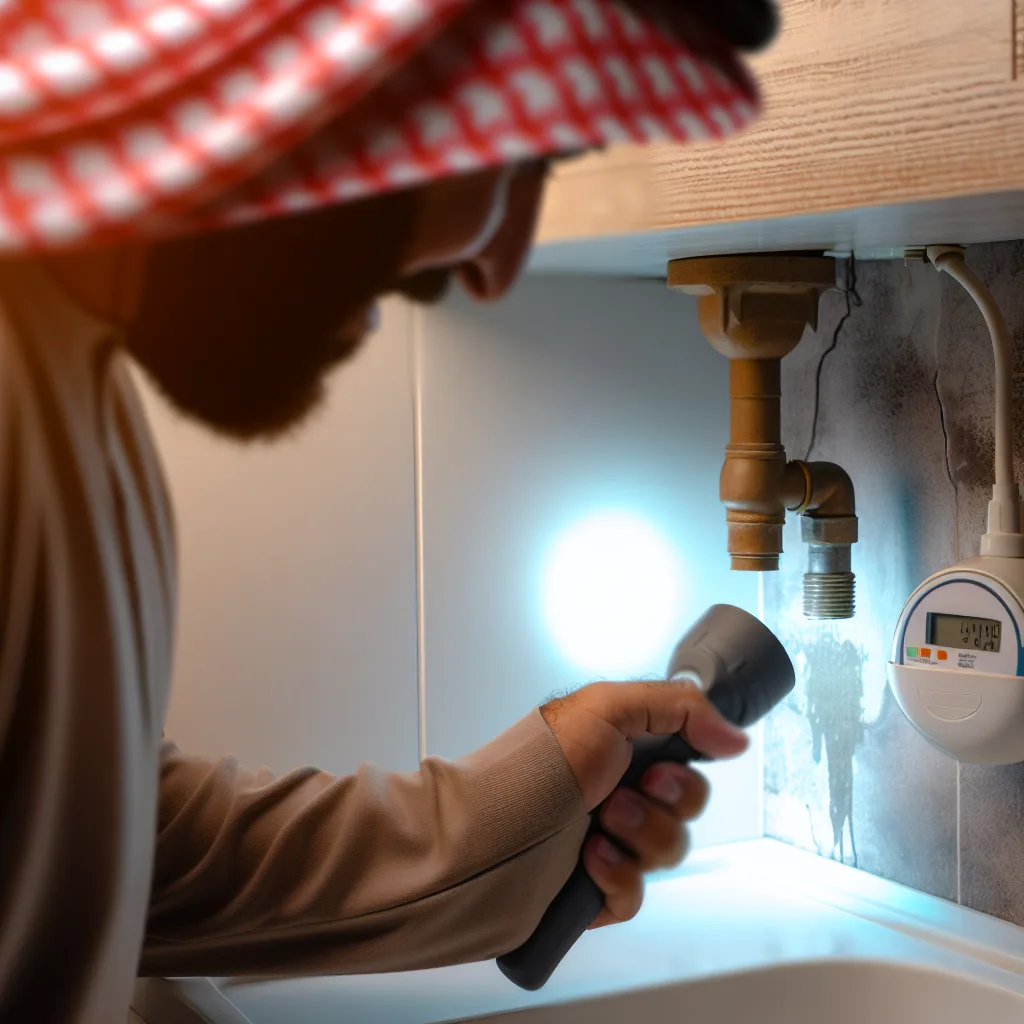Practical tips for spotting leaks early and saving your home from damage
If you’ve ever dealt with a surprise water leak inside your house, you know it’s not fun. Detecting water leaks early can save you a lot of money and stress. Let’s talk about simple ways you can catch those sneaky leaks before they turn into big problems.
Why Is Detecting Water Leaks Important?
Water leaks inside your home can cause serious damage over time—think mold, ruined floors, or even structural issues. But not all leaks are obvious. Some drip quietly behind walls or under floors, so finding them early is key.
Common Signs of Water Leaks
Before breaking out fancy tools, your eyes and nose are your best friends. Here are some signs to watch for:
– Unexplained increase in your water bill. If it suddenly spikes, it could mean water is escaping somewhere.
– Musty odors or mold spots on walls or ceilings.
– Damp or discolored patches on walls, ceilings, or flooring.
– Sounds of dripping or running water when everything should be off.
How to Start Detecting Water Leaks Inside
- Check your water meter. Start by shutting off all water taps in your house. Then check the meter. If it’s still moving, you’ve got a leak somewhere.
- Inspect common leak areas: Under sinks, around toilets, water heaters, and appliances like dishwashers and washing machines. Look for pooling water or corrosion.
-
Use moisture detectors or infrared cameras. These tools can spot hidden leaks behind walls and floors. Moisture meters are pretty affordable and easy to use for detecting damp spots.
-
Listen carefully. Sometimes, if you’re quiet, you can hear water dripping or running where it shouldn’t be.
When to Call a Pro
If you find signs of a leak but can’t pinpoint it, or if it’s inside your walls or under floors, it’s wise to call a plumber. They have specialized tools like thermal imaging cameras and can spot leaks without tearing up your home.
Preventive Tips to Avoid Future Leaks
- Regularly check exposed pipes and appliances.
- Replace old washing machine and dishwasher hoses every few years.
- Monitor your water bill monthly for unusual rises.
Helpful Resources
- Environmental Protection Agency (EPA) – WaterSense on leaks
- Family Handyman on finding water leaks
- Home Water Works leak detection guide
Detecting water leaks inside your home doesn’t require special skills—just attentive eyes and a little patience. Catching leaks early helps protect your home and saves you money. Keep an eye out, and you’ll avoid those dreaded water damage headaches down the road!
